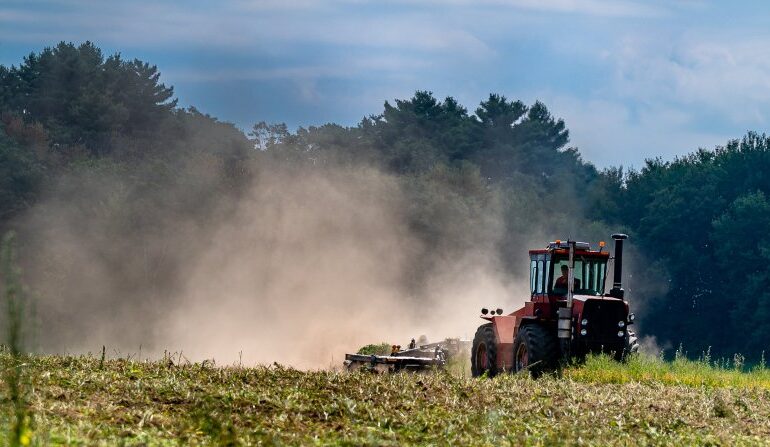Maine’s Drought Fuels Rising Allergies: Urgent Health Alert

URGENT UPDATE: Maine is facing a critical surge in seasonal allergies as the state’s extended drought exacerbates conditions for allergy sufferers. New data from October 2, 2023, reveals that a staggering 93% of Maine is currently experiencing severe or extreme drought conditions. Experts are sounding alarms over the potential connection between these conditions and worsening allergy symptoms.
Researchers from the University of Maine’s Climate Change Institute highlight that without rain to “wash” pollen from the air, allergens like ragweed can linger much longer, significantly impacting those with sensitivities. Andrea Nurse, a leading researcher, notes that pollen released by common fall weeds can travel further and remain airborne, making it increasingly difficult for residents to avoid exposure.
As many as 325,000 Mainers could be affected, with symptoms ranging from sneezing and runny noses to itchy eyes. The U.S. Centers for Disease Control and Prevention indicates that one in four Americans suffer from seasonal allergies, suggesting that the number of affected individuals in Maine is on the rise. Allergy specialist Andrew Parker from the Allergy and Asthma Associates of Maine observes that not only are more people developing allergies, but their symptoms are becoming increasingly severe.
The implications of the drought go beyond simple pollen counts. As Professor Allison Steiner from the University of Michigan explains, drought conditions can lead to behavioral changes. People are more likely to spend time outdoors during beautiful weather, increasing their exposure to airborne allergens despite potentially lower pollen production from trees and grasses.
Moreover, the impact of wildfires cannot be overlooked. Maine has reported 747 wildfires this year alone—more than the total for the past five years—contributing to a hazardous environment for allergy sufferers. The smoke from these fires introduces additional particulate matter that can worsen respiratory issues.
With the local allergy season still ongoing and influenced by the recirculation of old pollen, David Macek, an environmental specialist with the Mi’kmaq Nation, confirms that pollen collectors are still gathering significant amounts of allergenic particles. The sensors deployed by state agencies in cities like Augusta and Bangor will take years to analyze, leaving residents in uncertainty about how to navigate their allergies effectively.
The changing climate in Maine is a crucial factor. Longer growing seasons and rising temperatures are leading to extended and more severe allergy seasons. The state’s climate action plan, Maine Won’t Wait, identifies pollen as a significant health risk linked to climate change, alongside other threats like increased temperatures and tick-borne diseases.
As the weather continues to change, asthmatics and allergy sufferers are advised to take precautions. Health officials recommend staying indoors during peak pollen times, using air purifiers, and consulting allergists for personalized strategies to manage symptoms.
With the ongoing drought and its potential health implications, residents are urged to remain vigilant. As one expert summarized, “The consequences of inhaling these allergens can lead to chronic airway inflammation, making it hard to breathe.”
Stay tuned for further updates on this developing story and how it could impact your health.






